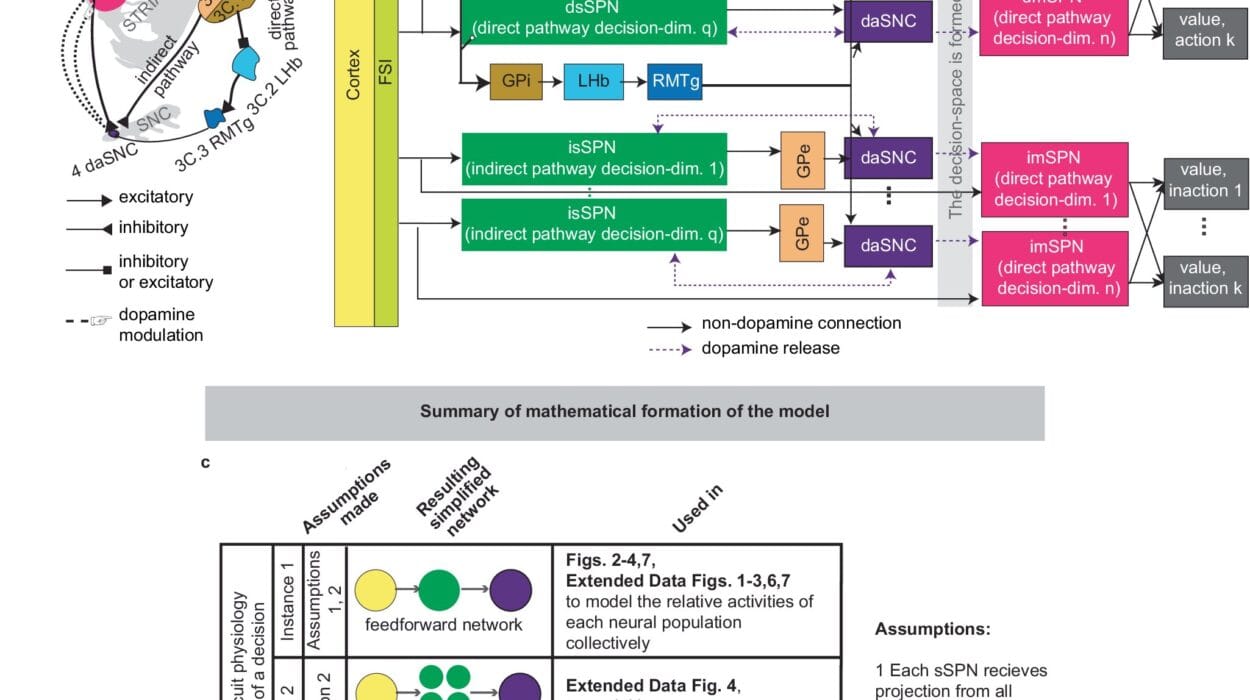You’ve felt it before.
That slow, gnawing tension when you know there’s something you should be doing — finishing the report, starting the workout, writing that email — but somehow you’re scrolling, reorganizing your desk, or staring at the ceiling as time slides past.
On the surface, procrastination looks like laziness. That’s the story we tell ourselves, anyway: “I’m just not disciplined enough,” or “I’m wasting my life because I can’t get moving.” But the truth is far more complex and far more human. Procrastination isn’t about being unwilling to work. It’s about an inner tug-of-war between your emotional brain and your rational intentions.
Understanding why we procrastinate is the first step toward stopping it. And the good news is that procrastination isn’t a permanent flaw — it’s a habit we can unlearn, one moment at a time.
Procrastination: A Misunderstood Enemy
Procrastination has been misunderstood for centuries. In the ancient world, philosophers like Aristotle and Socrates wrestled with the idea of akrasia — knowing the right thing to do, but failing to do it. They saw it as a weakness of will. But modern psychology reveals something richer: procrastination is not a moral failing, but a coping mechanism.
When we procrastinate, we are not avoiding work so much as we are avoiding unpleasant feelings. The task in front of us triggers discomfort — maybe fear of failure, maybe boredom, maybe the weight of perfectionism — and our brain seeks relief. Avoiding the task gives us temporary emotional comfort, but at the cost of long-term stress.
This is why people often procrastinate on things they deeply care about. It’s not because they don’t want to do them — it’s because they care too much, and the pressure to succeed makes starting feel dangerous.
The Brain Chemistry of Delay
To understand procrastination, you need to step inside the brain. Two regions are key players: the limbic system, the brain’s emotional center, and the prefrontal cortex, the seat of planning and decision-making.
The limbic system is fast, ancient, and wired for survival. It wants to avoid discomfort at all costs. The prefrontal cortex is slower, more rational, and thinks about long-term goals. When you decide you’re going to write that chapter or clean the garage, it’s your prefrontal cortex making the plan. But the moment the limbic system senses discomfort, it pulls you toward something more immediately rewarding — checking messages, grabbing a snack, watching a video.
This is why starting a dreaded task feels like walking into icy water. The limbic system screams, “Not now — let’s do something else that feels good!” And unless the prefrontal cortex has the strength to override that urge, the cycle continues.
Fear in Disguise
One of the most powerful drivers of procrastination is fear — fear of failure, fear of not being good enough, fear of judgment. But fear rarely announces itself as fear. Instead, it wears disguises.
It might look like perfectionism: “I just want to make sure I’m ready before I start.”
It might look like busyness: “I can’t work on that yet; I need to finish these smaller tasks first.”
It might look like indecision: “I’m not sure how to begin, so I’ll wait until I have clarity.”
Underneath all of these is the same quiet terror: What if I try and I’m not enough? Avoiding the work protects you from that answer — at least temporarily.
The Short-Term Relief Trap
Procrastination is seductive because it works — in the short term. The moment you turn away from the hard task toward something easy and pleasant, your brain gets a hit of dopamine, the neurotransmitter of reward. You feel relief. But this relief is a trap.
That temporary comfort is paid for with a long-term cost: increased stress, guilt, and self-recrimination. This makes the next attempt to start even harder because now the task is wrapped in shame as well as its original difficulty. The more you procrastinate, the heavier the emotional weight becomes, creating a vicious cycle.
Time Perception and the Distant Future
Another reason procrastination thrives is the way humans perceive time. We are not naturally wired to value the distant future over the present. Behavioral economists call this temporal discounting — we discount the importance of future rewards compared to immediate ones.
If a deadline is three weeks away, the emotional urgency is almost zero. But as the deadline approaches and the consequences become more immediate, panic kicks in. That’s why procrastinators often become last-minute sprinters, pulling off all-nighters to get things done. The pressure forces the emotional brain to take the future seriously — but at a steep cost to health, creativity, and peace of mind.
The Myth of Waiting for Motivation
Many people tell themselves they’ll start when they “feel ready” or “get motivated.” This is another trap. Motivation is not a spark that precedes action; it’s a byproduct of action. Waiting for motivation before starting is like waiting for the fire to burn before lighting the match.
Action, even small action, creates momentum. Momentum creates progress. And progress fuels motivation. This is why the first step — however small — is the most critical and the most difficult.
The Emotional Brain’s Language
If procrastination is driven by the emotional brain, then trying to fight it with logic alone often fails. You can’t reason your way out of fear or shame any more than you can talk a storm out of the sky. The emotional brain needs to be approached in its own language — through safety, self-compassion, and small wins.
When you start telling yourself, “I should have done this earlier; I’m so lazy,” you are feeding the emotional brain more threat, which triggers more avoidance. But when you say, “This is hard because I care about it — I can start small,” you reduce the sense of danger.
The Gentle Art of Beginning
The paradox of starting is that it becomes easier when you stop demanding that it be perfect. If the first step is simply opening the document, writing a messy sentence, or sketching a rough outline, the emotional brain feels safer. Once you’re in motion, the resistance often fades.
This is why writers often say, “I don’t like writing, but I like having written.” The hardest part is crossing the threshold from doing nothing to doing something. After that, your rational brain begins to reassert itself.
Building Trust With Yourself
Procrastination often damages our trust in ourselves. Every time we say, “I’ll do it tomorrow” and don’t, we reinforce a story that we can’t rely on our own promises. Rebuilding that trust means starting small and keeping commitments.
Instead of promising yourself that you’ll work for three hours, promise ten minutes. If you keep that promise, you rebuild confidence. Over time, small consistent wins can transform your relationship with work.
The Role of Self-Compassion
One of the most counterintuitive discoveries in procrastination research is that self-compassion — not self-criticism — is the more effective antidote. People who forgive themselves for procrastinating are less likely to procrastinate in the future.
Self-criticism intensifies shame, which fuels avoidance. Self-compassion interrupts the cycle by allowing you to see procrastination not as a personal defect, but as a temporary behavior pattern you can change.
Designing for Action
We often imagine that willpower alone should be enough to defeat procrastination. But willpower is a limited resource. Environment design — shaping your surroundings to make the right action easier — is a more sustainable strategy.
When distractions are far away and the first step is easy to take, your emotional brain encounters fewer escape routes. And when you reward small progress rather than waiting for the final product, you keep the dopamine cycle working for you instead of against you.
The Identity Shift
Ultimately, breaking free from chronic procrastination involves an identity shift. You stop seeing yourself as “someone who can’t get started” and start seeing yourself as “someone who keeps showing up, even imperfectly.”
This shift doesn’t happen overnight. It’s built through repeated moments of showing up when it would be easier to delay, through choosing progress over perfection, and through treating yourself not as an enemy to be whipped into shape, but as an ally to be encouraged.
Why This Matters More Than We Admit
Procrastination may seem like a small personal flaw, but its impact is profound. It shapes careers, relationships, health, and self-worth. The book unwritten, the exercise postponed, the apology delayed — these accumulate into the life we live.
When we procrastinate less, we are not just getting more done; we are aligning our daily actions with our deeper values. We are closing the gap between intention and reality. And in that gap lies much of our happiness.
The Courage to Start
If you are reading this and recognizing yourself, take a breath. You are not broken. You are not lazy. You are human — equipped with a brain that is both astonishingly capable and deeply protective of your comfort.
The way forward is not through self-punishment, but through patience, curiosity, and small, brave beginnings. You don’t have to feel ready. You don’t have to start perfectly. You only have to start.
And when you do, you’ll discover something quietly miraculous: starting is not the end of procrastination, but the beginning of freedom.






